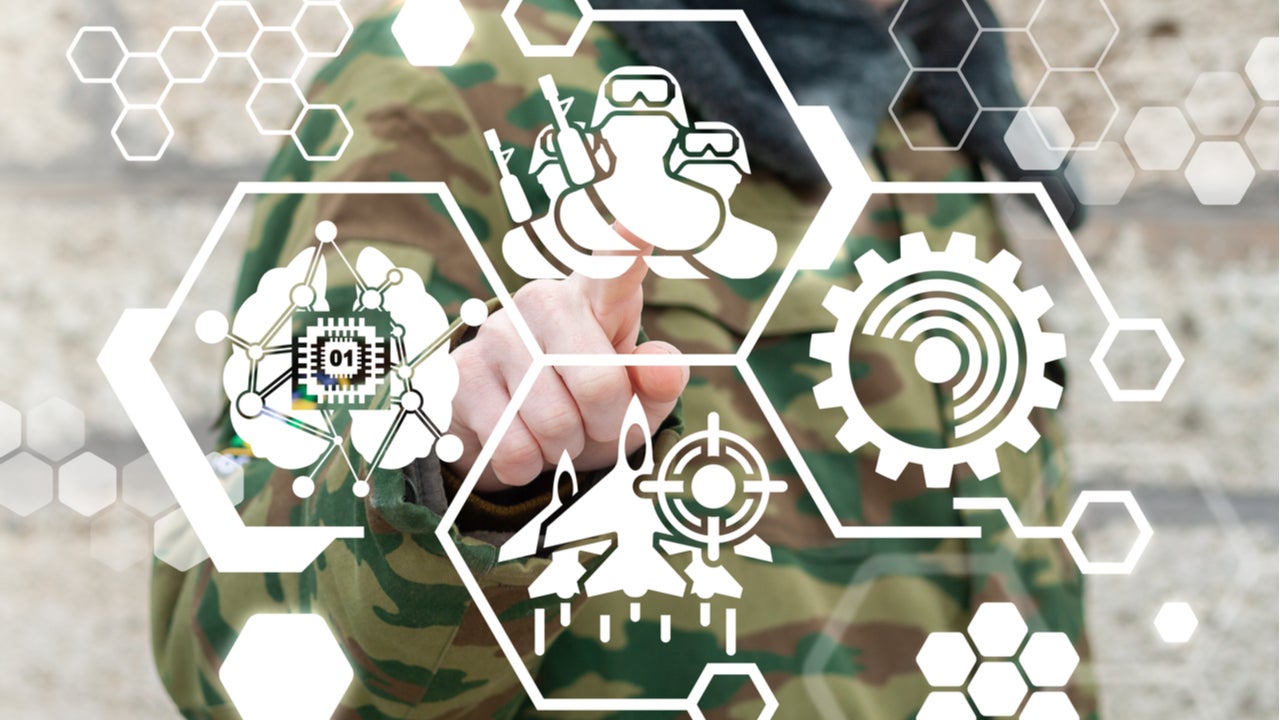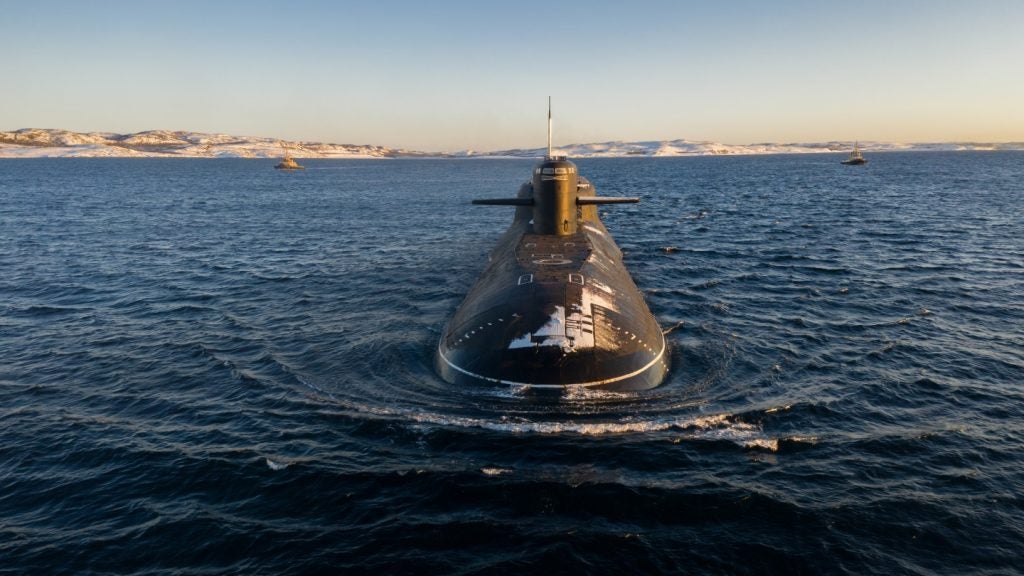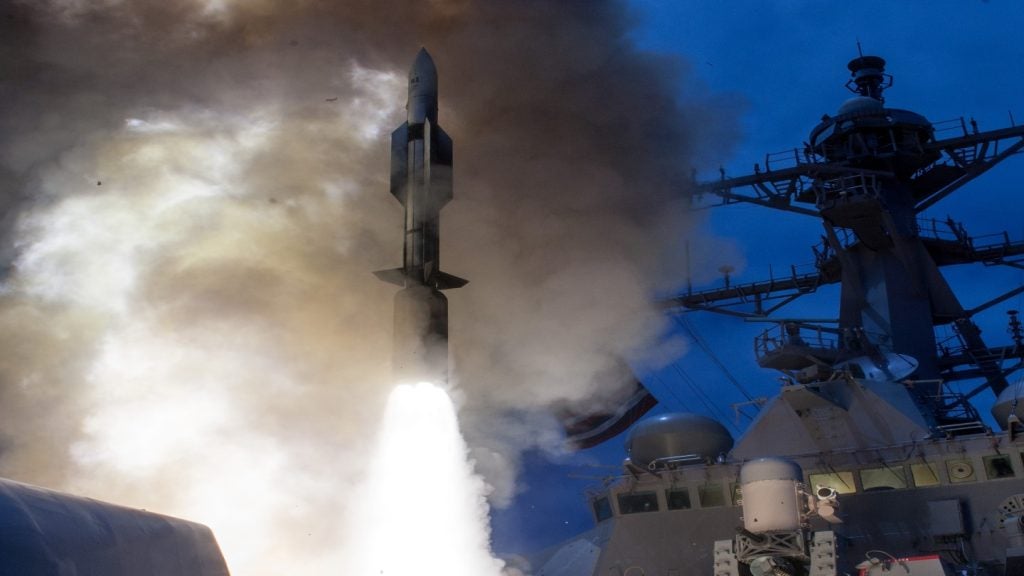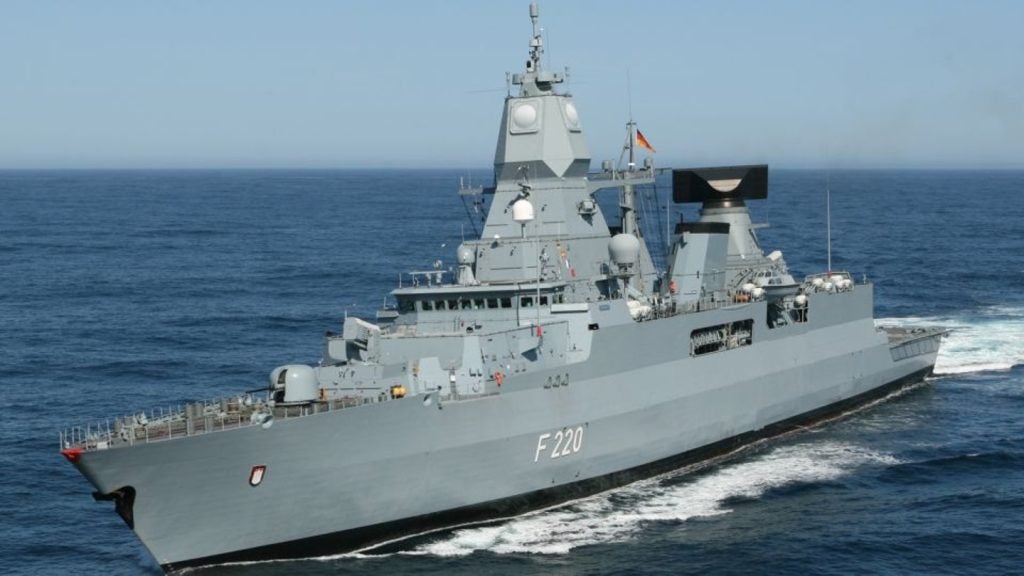
The rapidly advancing technologies such as artificial intelligence (AI) and big data are changing the way militaries are addressing threats.
Verdict has conducted a poll to assess the most impactful next-generation technology in the defence sector.
Analysis of poll results shows that AI and quantum computing will be the most effective next-gen technologies in the armed forces, as opined by 31% of the respondents, each.
Further, 15% of the respondents opined nanomaterials to be the most impactful, followed by sixth-generation aircraft (12%) , and 3D printing (11%).

The analysis is based on 251 responses received from the readers of Airforce Technology, Army Technology and Naval Technology, Verdict’s defence sites, between 08 March and 26 April 2021.
How well do you really know your competitors?
Access the most comprehensive Company Profiles on the market, powered by GlobalData. Save hours of research. Gain competitive edge.

Thank you!
Your download email will arrive shortly
Not ready to buy yet? Download a free sample
We are confident about the unique quality of our Company Profiles. However, we want you to make the most beneficial decision for your business, so we offer a free sample that you can download by submitting the below form
By GlobalDataNext-gen technologies in defence
Technologies such as AI, quantum computing, and 3D printing are expected to change the course of combat and warfare in the future. The US is trying to leverage the untapped potential of AI in the domains of command and control by incorporating the technology into drones, ground vehicles, fighter aircraft, and naval vessels.
The AI technology is currently being tested by the US military and will be adapted for safeguarding harbours and hunting down submarines. Technologies such as quantum computing can enable armies to tackle extreme complex situations in the war zone. It can help in solving multiple problems simultaneously and provide the best course of action.
Further, 3D printing can enable militaries to cut production costs, provide new opportunities for design, and produce light weight components. It can also help in avoiding the need to outsource components and parts by producing them in-house using 3D printers.







